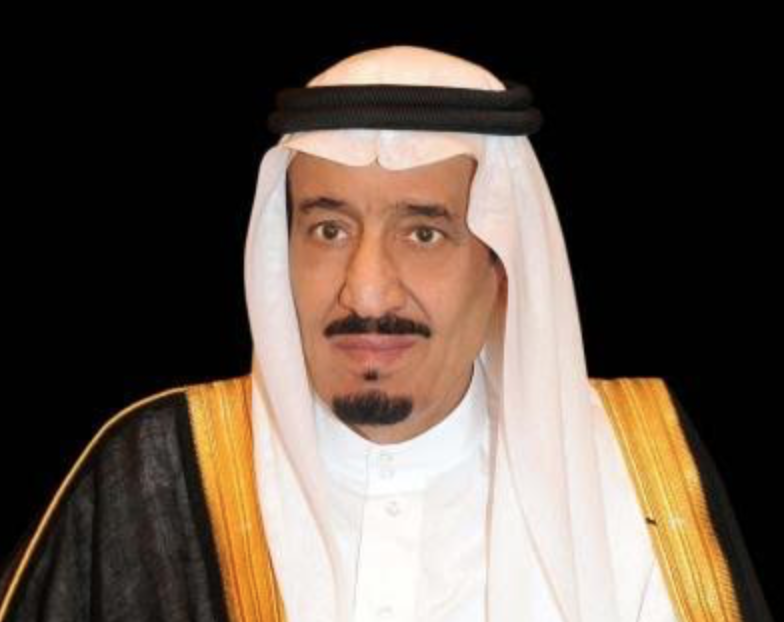
King Faisal International Prize 2017 Awarded across Five Categories in Saudi Arabia
The King Faisal Foundation, an international philanthropic organization based in Saudi Arabia since 1976 with the mission of preserving and perpetuating the legacy of King Faisal bin Abdulaziz Al Saud, has announced the winners of its much-anticipated King Faisal International Prize (KFIP) 2017.
The Custodian of the Two Holy Mosques King Salman bin Abdulaziz Al Saud, King of Saudi Arabia, won the award in the Service to Islam category for his unfaltering commitment to serving the Two Holy Mosques of Makkah and Madina. Professor Ridwan Al-Sayyid of the Lebanese University, bagged the distinction in the Islamic Studies category for his research publications in the field of Islamic jurisprudential and political heritage.
Meanwhile, the Arabic Language Academy of Jordan was unanimously declared the winner in the Arabic Language and Literature category for its distinguished efforts in the transfer of science and technology knowledge through translation into Arabic. Emeritus Professor Tadamitsu Kishimoto of Immunology Frontier Research Center at Osaka University in Japan took home the prize in the Medicine category for his prominent role in developing a novel biological treatment for autoimmune diseases.
The co-winners of the Science category were Professor Daniel Loss of the Department of Physics at the University of Basel in Switzerland and Professor Laurens Molenkamp, Head of the MBE Unit at the University of Würzburg in Germany, for their pioneering work in the experimental field of spintronics.
Awarded annually, KFIP recognizes the outstanding efforts of individuals and institutions across five categories. In a gripping run-down to the finale, selection committee members from all over the world met in Riyadh from January 8 to 10 to select the winners for 2017.
KFIP aims to inspire Muslims to participate in all aspects of civilization, enrich human knowledge and develop mankind. Winners are selected purely on merit, with their works meticulously examined by specialized selection committees for each category. The strict evaluation procedure meets international standards, and many of the laureates have gone on to receive prestigious recognitions including the Nobel Prize.


























